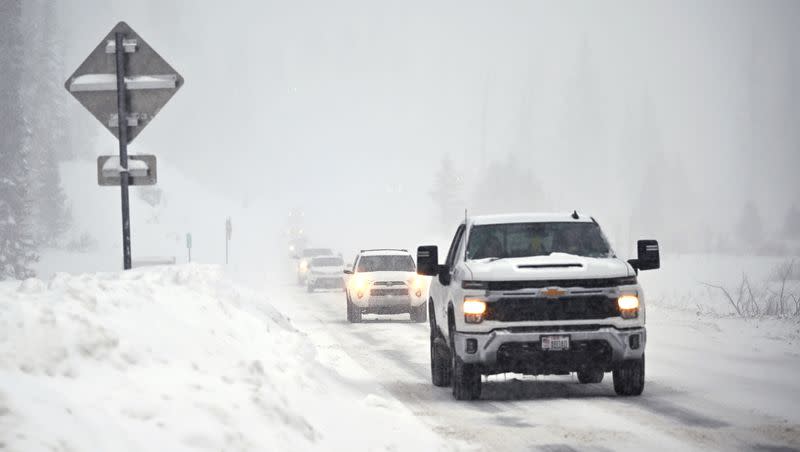Why so many Americans need more sleep in winter

Those snoozing bears that climb into a cave and crash for the winter have something in common with more than a third of American adults. They all sleep more during cold winter months.
CNN recently interviewed Dr. Raj Dasgupta, associate professor of clinical medicine at Huntington Memorial Hospital in Pasadena, California. After noting a survey published by the American Academy of Sleep Medicine showing 34% of U.S. adults say they sleep more in winter (10% say they sleep less), Dasgupta said people need seven to nine consistent hours of rest, whether it’s dark or light outside.
“However, it is common to feel like you are sleeping more during the winter due to the fact that we lose an hour of daylight when we enter standard time, which is associated with the early onset of darkness,” he told CNN.
Related
Experts also say that early darkness may trigger melatonin production, at least in some people. Not to mention tweaking circadian rhythms.
In a study published last February in Frontiers in Science, the 188 neuropsychiatric patients at St. Hedwig Hospital in Berlin slept about an hour longer in winter and also got an extra half-hour of REM sleep. The rapid eye movement phase is an active brain state similar to being awake. According to the National Institutes of Health, REM sleep is when you dream, though your muscles are limp. Experts suggest that’s a protective feature to keep people from acting out their dreams. You’re watching the show, not starring in it.
The Sleep Foundation says that REM is a time when memories are consolidated and stored, and it’s associated with emotional processing and brain development, as well as dreaming. The foundation says most adults need two hours of REM sleep a night. REM also prepares us to wake up.
Not getting enough REM sleep disrupts memory formation. It also “disrupts the brain’s ability to generate new cells,” the foundation says.
As for why winter leads to more sleep, Sleepopolis says we may not physically need more, but environmental changes — think shorter days and colder temperatures — can be draining. It notes that colder temperatures “can also boost our metabolism, which likely increases our need for both food and sleep.”
Less sunlight also leads to less vitamin D, and folks with less of that vital vitamin can feel tired or have stress, anxiety or depression, the article said.
The article notes that “regular exercise, sticking to a consistent bedtime and wake-up time and making a point of exposing yourself to light first thing in the morning might help.”
Tell that to a grizzly.

